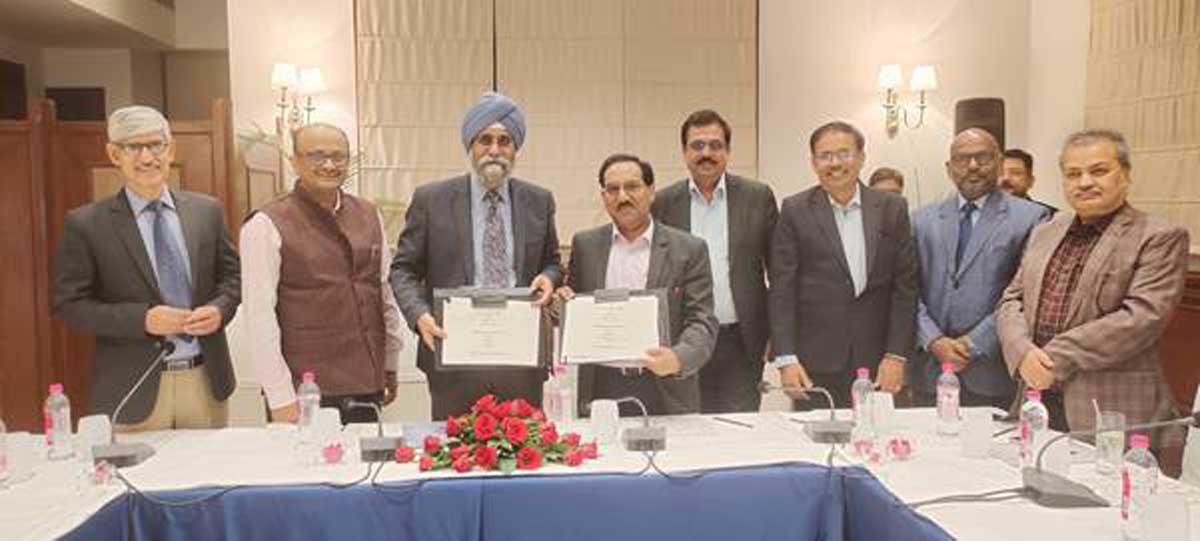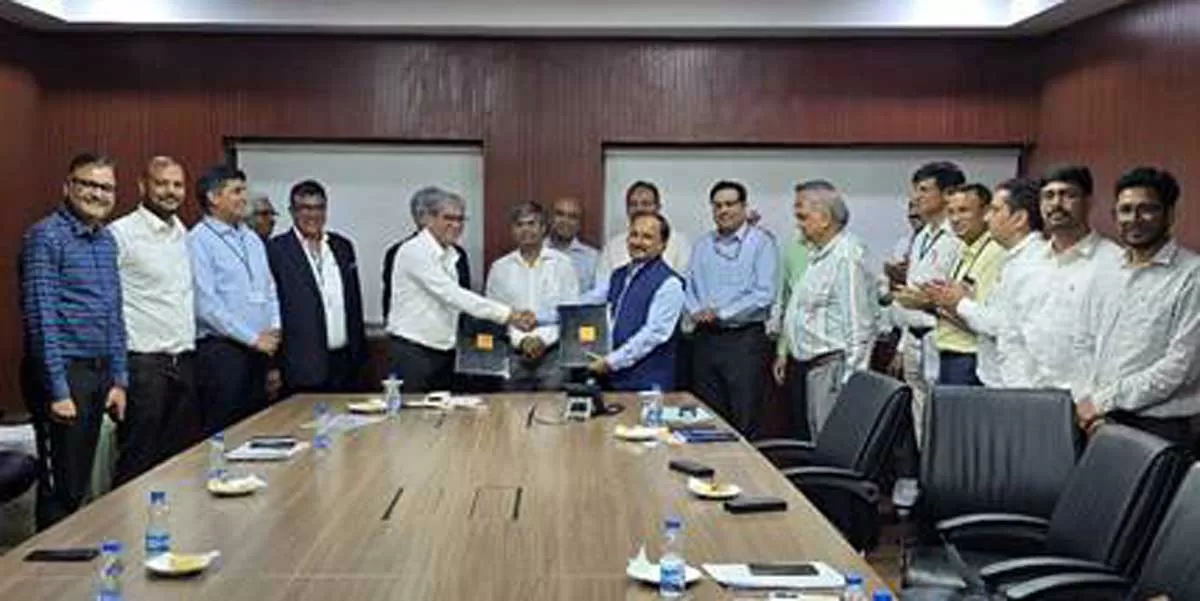
REC and PFC signs MoU for the fiscal year 2022-23

NHAI to Build 6-Lane Agra-Gwalior Expressway on BOT (Toll) Mode
To enhance connectivity between the tourism hubs of Agra and Gwalior, National Highways Authority of India (NHAI) will develop 88 km long 6-lane access controlled Agra-Gwalior Greenfield Expressway (NH-719D). NHAI, today signed a concession agreement for the implementation of project with GR Infraprojects, in presence of NHAI Chairman, Santosh Kumar Yadav and senior officials of NHAI and the Concessionaire. The Agra-Gwalior Greenfield Expressway will start from Deori village in Agra and terminate at Susera village in Gwalior. The project shall be developed at a Total Capital Cost of Rs 46.13 b..

Cabinet Nods 166.8-km NH-6 Greenfield Corridor on HAM Mode
The Cabinet Committee on Economic Affairs chaired by the Prime Minister Narendra Modi has approved the proposal for Development, Maintenance and Management of 4-lane Greenfield Access Controlled 166.80 km of National Highway No. 06 from Mawlyngkhung (near Shillong) in Meghalaya to Panchgram (near Silchar) in Assam on Hybrid Annuity Mode as an access controlled greenfield High-Speed Corridor at a total capital cost of Rs 228.64 billion. The project length of 166.80 km lies in Meghalaya (144.80 km) and Assam (22.00 km). The proposed Greenfield high-speed corridor will improve the service level ..

Commercial Ops Begin at Multi-Modal Logistics Park in Nagpur
Under the PM Gati Shakti initiative of Prime Minister with the aim to provide seamless and efficient connectivity for the movement of people, goods and services across various modes of transport, thereby enhancing last-mile connectivity and reducing travel time, and under the guidance of Union Minister of Road Transport and Highways, Nitin Gadkari, the Multi Modal Logistics Park, Nagpur (MMLP Nagpur) at Sindi, near Wardha commenced its commercial operations with a goal to establish a faster link. The MMLP Nagpur established by National Highway Logistics Management (NHLML), a 100 per cent own..














